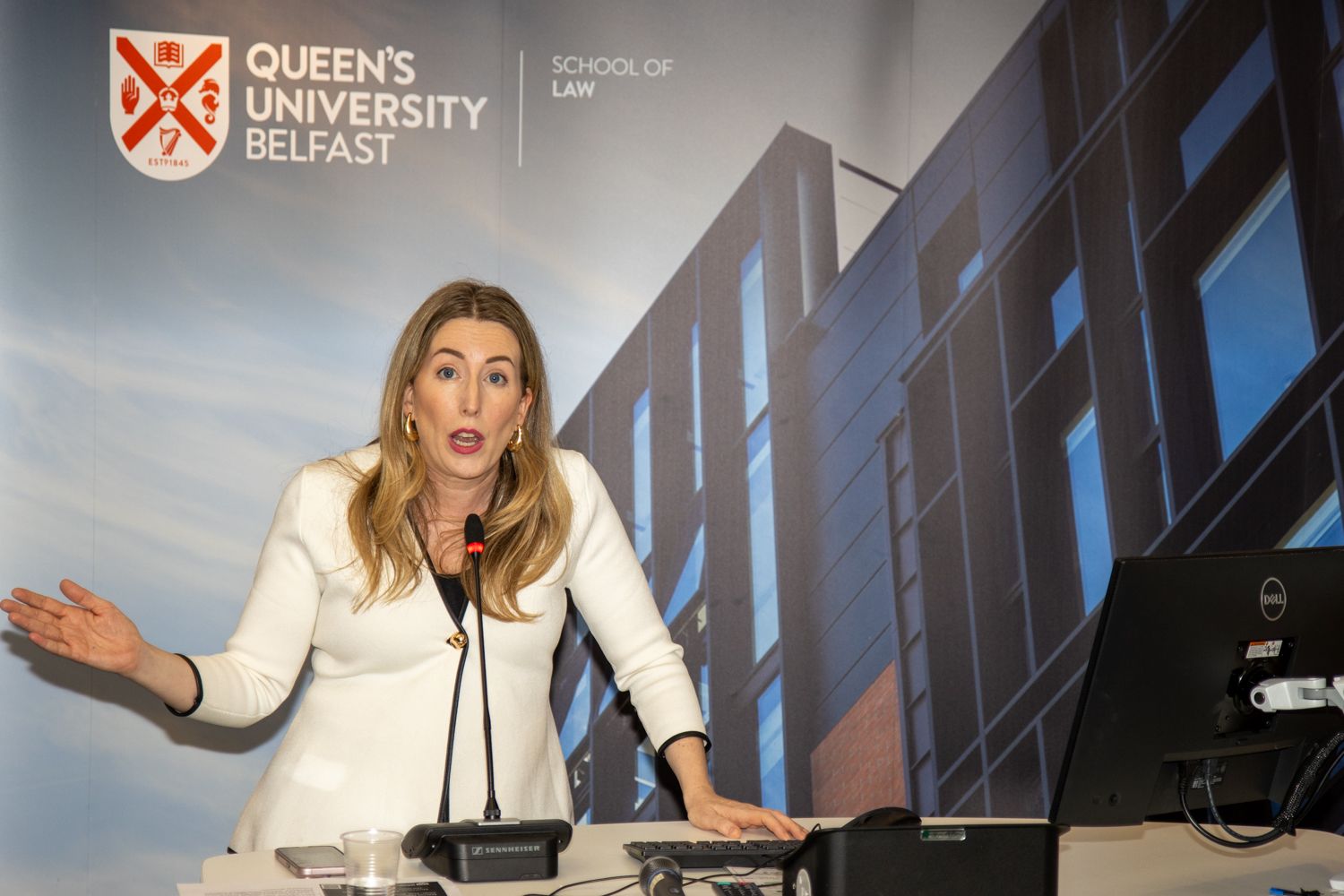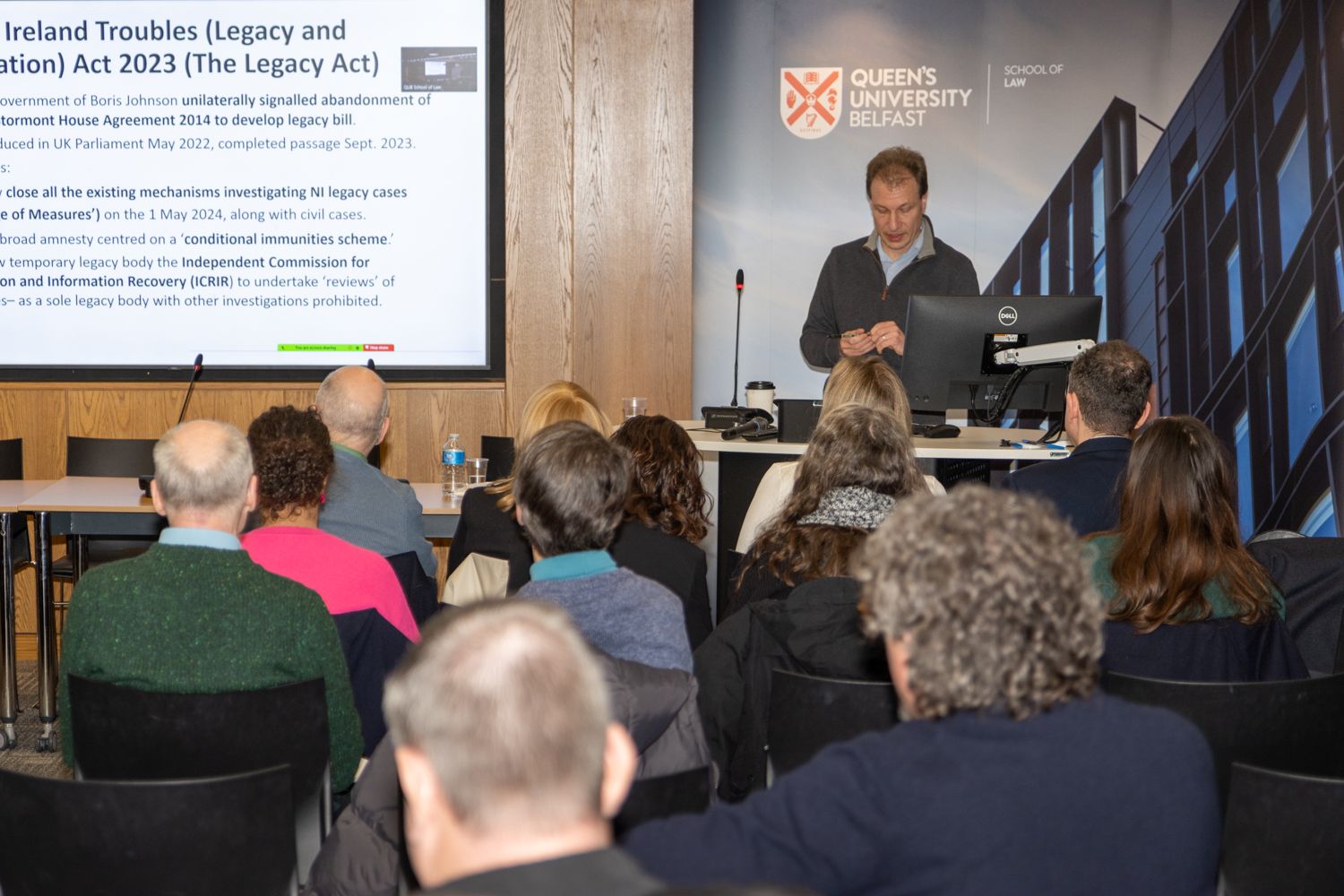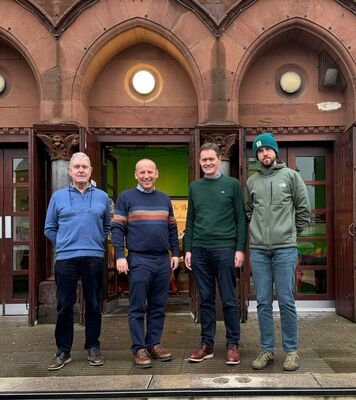A LEADING human rights organisation has called for reform of a British government legacy body which has come under fire from relatives of people who were killed during the conflict.
The Committee on the Administration of Justice (CAJ) released its report – What could substantive root and branch reform of the ICRIR look like? and would it be enough? – at Queen’s University, calling for urgent reforms to the Independent Commission for Reconciliation and Information Recovery (ICRIR), established under the controversial Northern Ireland Troubles Legacy Act by the previous British government.
The CAJ report, which was written following discussions with the Pat Finucane Centre, Amnesty NI, Relatives for Justice and Rights and Security International, comes at a critical juncture. The Labour Government, which previously pledged to repeal and replace the Legacy Act in its election manifesto, has been criticised over its decision to retain the ICRIR.
Families of victims of the conflict have said that they have no faith in the ICRIR which has been operational since May 1 and has initiated only five investigations in its first six months.
Anna Bryson, Professor Professor in the School of Law at Queen's University Belfast
The implementation of the Legacy Act, also on May 1, effectively halted hundreds of ongoing inquests and investigations, leaving victims’ families without recourse to justice. The Act, enacted under the previous Conservative government, has been condemned for prioritizing the closure of investigations, particularly those involving state actors, while allocating £250 million to operationalize the ICRIR.
Daniel Holder, Deputy Director CAJ
Key Recommendations of the CAJ Report Include:
• Substantive Reform and New Institution: reform to produce an entirely distinct institution to the present ICRIR with a fresh legal framework and leadership to regain public confidence.
• Adoption of Stormont House Agreement Models: Drawing on the Historical Investigations Unit (HIU) and Operation Kenova as best-practice models.
• Legal Framework Overhaul: Ensuring independent appointments, full disclosure powers, removal of the “national security veto,” and ECHR-compliant investigations for eligible cases.
• International Expertise: Engaging international transitional justice experts to enhance impartiality and credibility.
• Immediate Legislative Action: Reopening inquests and civil proceedings by repealing restrictive provisions of the Legacy Act through the fastest available legislative means.








